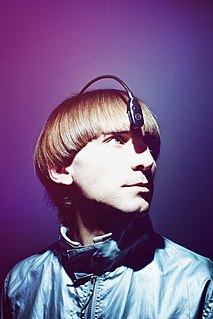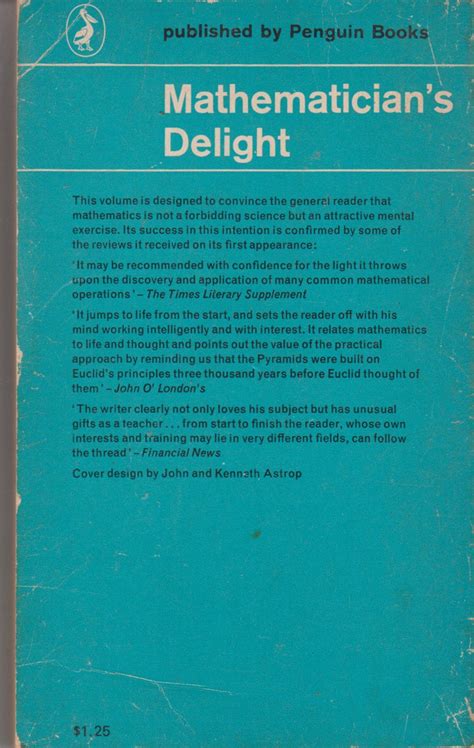A Quote by Michael Eric Dyson
We can't exempt ourselves from the same moral calculus that we are willing to apply to others.
Related Quotes
There are two laws that we had better take to be absolute. The first is that as we cannot exempt ourselves from living in this world, then if we wish to live, we cannot exempt ourselves from using the world. If we cannot exempt ourselves from use, then we must deal with the issues raised by use. And so the second law is that if we want to continue living, we cannot exempt use from care.
The change began with John Stuart Mill and the Utopians . When Mill pointed out that economics had no ultimate solution to the problem of distribution , that society might do with the fruits of its toil as it saw fit, he introduced into the mechanical calculus of the market a conflicting calculus of moral judgment.
The remarkable thing is that we really love our neighbor as ourselves: we do unto others as we do unto ourselves. We hate others when we hate ourselves. We are tolerant toward others when we tolerate ourselves. We forgive others when we forgive ourselves. We are prone to sacrifice others when we are ready to sacrifice ourselves.
If a building makes us light up, it is not because we see order; any row of file cabinets is ordered. What we recognize and love is the same kind of pattern we see in every face, the pattern of our own life form. The same principles apply to buildings that apply to mollusks, birds or trees. Architecture is the play of patterns derived from nature and ourselves.
Most people use two totally different sets of criteria for judging themselves versus others. We tend to judge others according to their actions. It's very cut-and-dried. However, we judge ourselves by our intentions. Even if we do the wrong thing, if we believe our motives were good, we let ourselves off the hook. And we are often willing to do that over and over before requiring ourselves to change.
We would willingly have others perfect, and yet we amend not our own faults. We would have others severely corrected and will not be corrected ourselves. The large liberty of others displeases us, and yet we will not have our own desires denied us. We will have others kept under by strict laws, but in no sort will ourselves be restrained. And thus it appears how seldom we weigh our neighbor in the same balance with ourselves.
Compassion- which means, literally, "to suffer with"- is the way to the truth that we are most ourselves, not when we differ from others, but when we are the same. Indeed the main spiritual question is not, "What difference do you make?" but "What do you have in common?" It is not "excelling" but "serving" that makes us most human. It is not proving ourselves to be better than others but confessing to be just like others that is the way to healing and reconciliation.
In the moral calculus of currently prevailing state capitalism, profits and bonuses in the next quarter greatly outweigh concern for the welfare of one’s grandchildren, and since these are institutional maladies, they will not be easy to overcome. While much remains uncertain, we can assure ourselves, with fair confidence, that future generations will not forgive us our silence and apathy.
We do the same thing in our own lives, embracing information that supports what we already prefer or vindicates choices we previously made.After all, it feels better to justify our opinions rather than challenge them, to contemplate only the pros and relegate the cons to the back of our minds. However, if we want to make the most of choice, we have to be willing to make ourselves uncomfortable. The question is, if we are willing, how exactly do we go about fortifying ourselves against these biases?


































